Taylor Phinney: The long road back
American shares his new outlook on racing and life
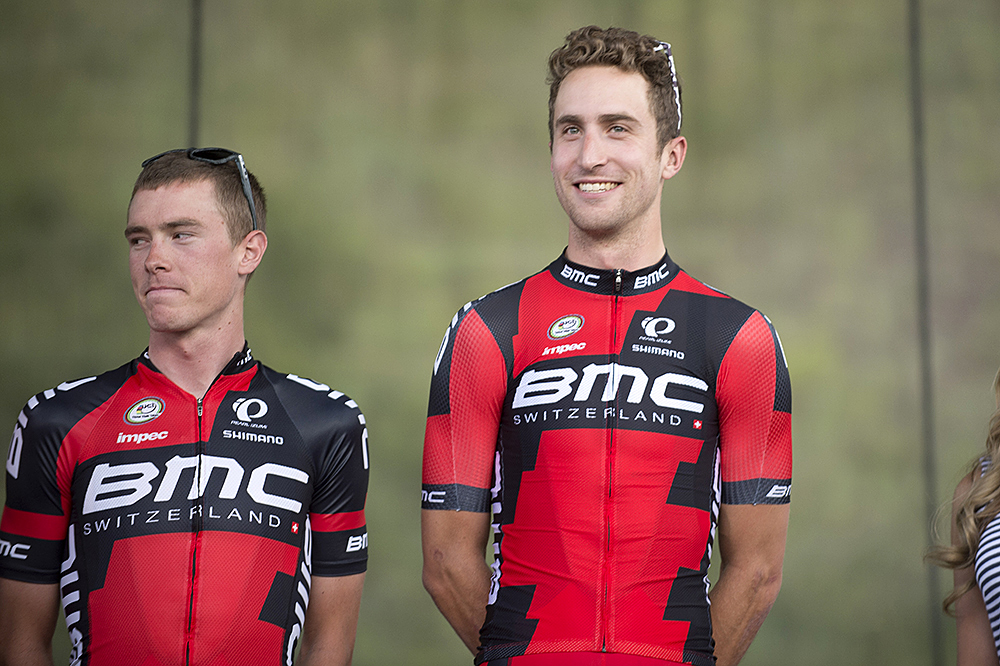
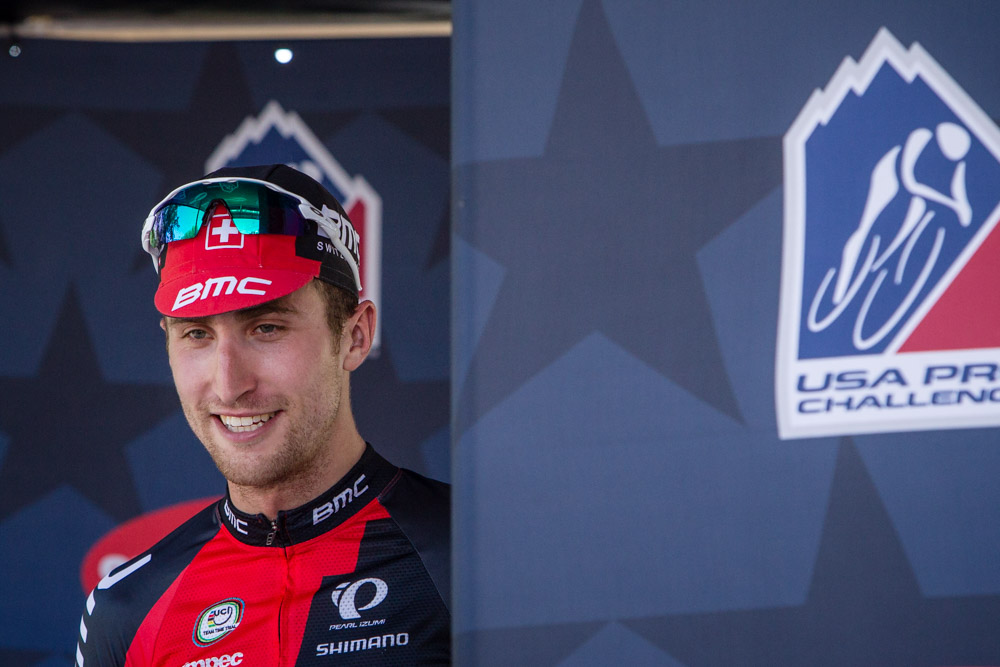
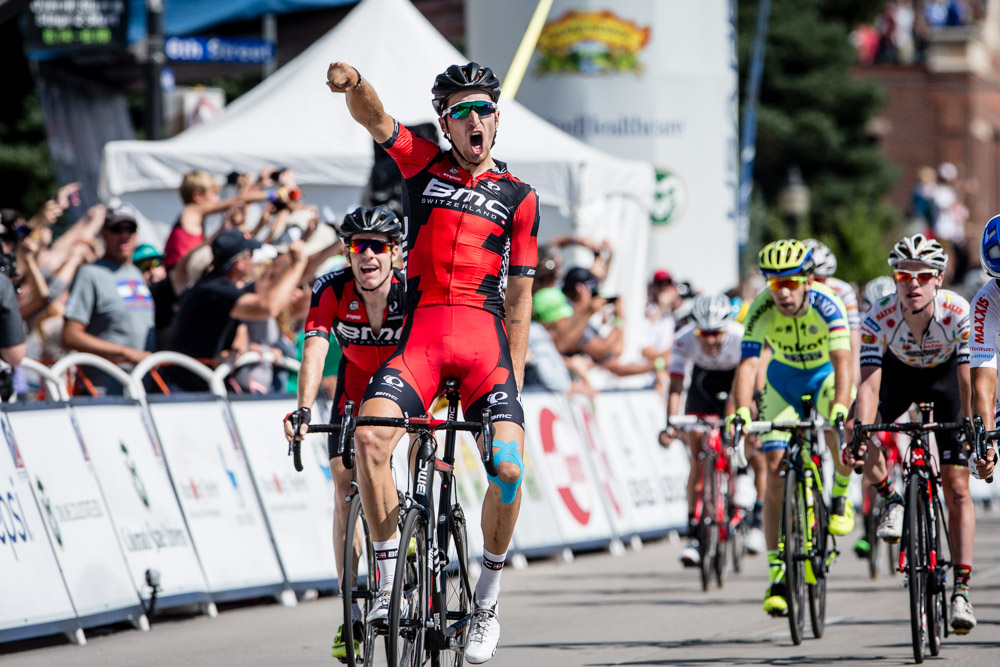
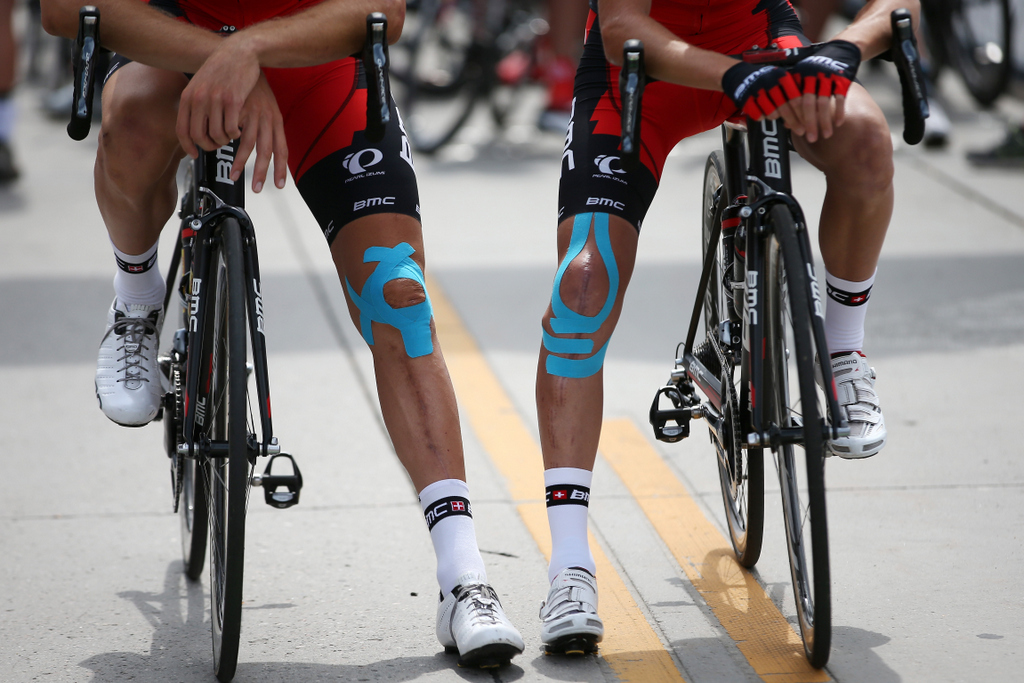
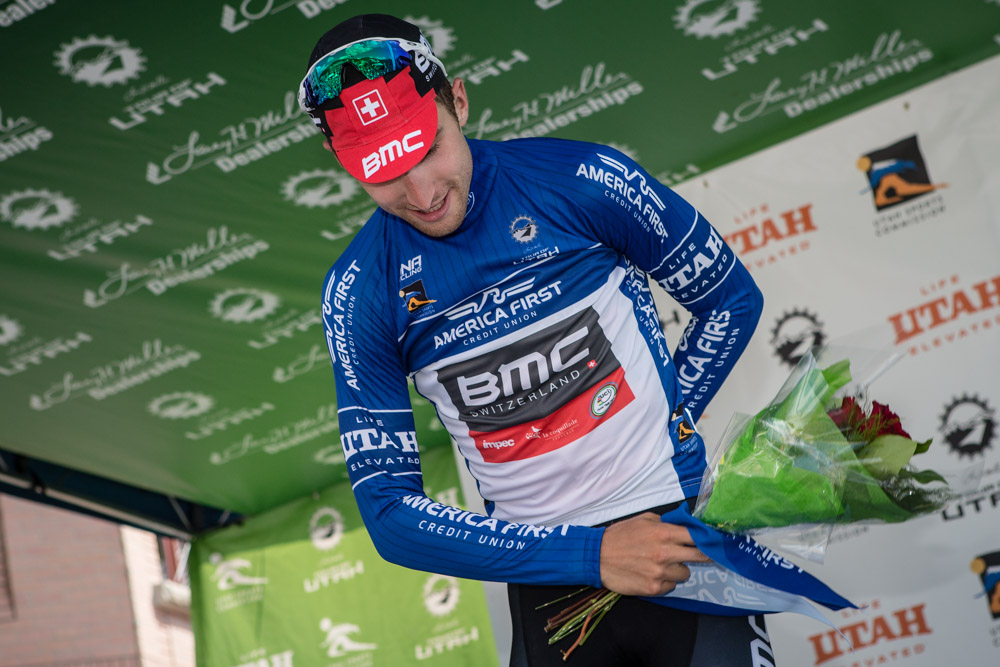
It has been a long and painful road back for Taylor Phinney since his career-threatening injury last May, but by the end of the season the American could find himself with a top ten place at the UCI Road World Championship – thus guaranteeing selection for next year's Olympic Games time trial - and with a World Championships medal around his neck courtesy of the team time trial.
There are plenty of ifs, buts and maybes before those fanciful scenarios can play out, but given Phinney's form, his rehabilitation, and his current outlook on racing and life, almost anything seems possible for the 25-year-old.
And as Cyclingnews finds out Phinney isn't just focusing on results these days. His time away from the sport as he recovered from a horrific leg injury has given him, and at times forced him, to take stock of both his life and his career.
It may seem hyperbolic, and in some ways it is, but Phinney hasn't just rebuilt a shattered left knee, he has rebuilt his outlook on life.
"I sometime wonder what kind of guy I would have been if I hadn't had that crash," he ponders.
It's late on a Thursday evening and Phinney has gone through another tough day of training at BMC's team time trial camp in Belgium. Lying on his bed, stretching out his knee to give it some flex, he questions the last year of his life:
"I mean, who is that guy? Because I'm happy with everything that I gone through and how I've come through the other side. I feel a lot different, maybe not better or wiser, but just more open, patient and respectful of life in general."
Get The Leadout Newsletter
The latest race content, interviews, features, reviews and expert buying guides, direct to your inbox!
For those who aren't aware, Phinney shattered his left leg in the US national road race last season and was forced to undergo several operations throughout a frustrating and protracted rehabilitation. During his time away from the sport he was even asked by one physician whether or not he had contemplated going back to college, because such was the severity of the injury there was no guarantee that he could come back. It's hard to imagine what that must feel like: to be told at the age of 24 that your career and your dream of being an athlete might be over.
"I look back at the last year and a bit and see the hardest part as the beginning, when I was grappling to get to grips with the seriousness of the injury and how long it would take to come back."
"The toughest point in the comeback might be when the US Pro Challenge went through Boulder last year but that was also my turning point. I got myself out of a situation and decided to try and do everything that I could in order to come back. I had to accept that I might not make it back but I couldn't be negative about the past and had to see the chance I had as a blessing."
That moment may have been a turning point but along that comeback trail have been several markers. If Phinney's comeback was a race it might be the gruelling Paris-Roubaix, with every challenge a section of cobbles, and every soigneur at the side of the road a friend or a loved one with some advice or assistance.
"Once I was able to accept the process and it's length I was able to take step back from cycling and delve into other parts of my life."
And here is where Phinney says something quite unexpected but given his frame of mind, quite understandable:
"I look back at the last year as honestly one of the best years of my life. I was able to reconnect with people and I was able to become in-tune with who I am without cycling necessarily defining me."
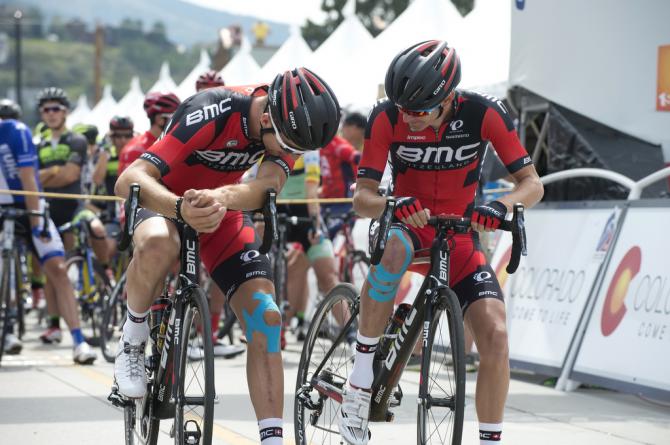
Photo: Getty Images Sport
Although still only 25 years old, it's perhaps easy to forget that Phinney has been riding at a professional level for almost eight years, having made his Olympic debut in 2008 in Beijing. He has been immersed in the bubble of professional sport but with his injury came the chance to leave the world of training, preparation and racing – to forget about massages, diet, travelling, Twitter, Facebook, Instagram and pressure.
He discovered art, and he painted. Huge canvases that allowed him to take his pent up energy and direct it towards a new goal. He also learnt to fly - "I had to get my adrenalin rush from somewhere" - and he most importantly spent time with people it was easy to leave behind and forget when he was racing.
‘The injury gave me the opportunity to take a step back and look at the world and realise that being a professional athlete isn't real life," he says.
"So I asked myself what could I do and who do I want to spend time with? That was stressful at times but also really a lot of fun. I gained curiosity for some of things that I'd taken for granted."
"I'm open to a life without cycling. I painted, I started to learn how to fly but getting into art was primarily a way of having a creative vehicle. I used the bike as my creative vehicle without even knowing. The cool thing about painting is that you have something to show for it at the end, whereas on the bike you're really burning a lot of that energy up so that it doesn't burden you."
"I have been able to prioritise and figure out how I should be best athlete I can be but also best person. You have to make a lot of sacrifices in the person department if you want to be the best athlete possible, because sport tells you to be selfish, but I'm comfortable not living up to other people's expectations but still trying to be the best rider I can be. As long as I'm happy, and so are the people I really care about, that's all that matters."
The Comeback
Phinney has taken this new approach and channeled it into his racing. He completed the Tour of Utah, even picking up a third place on one stage, but his comeback truly fired into life on stage 1 of the USA Pro Challenge with a blistering win ahead of a field comprised of the European elite and the best of the US domestic teams. On paper this wasn't up there with the Giro d'Italia stage win or his four world titles from the track and road, but emotionally and as marker for his return to racing it meant everything.
"To win a stage in Colorado was both intense and beautiful. I felt grateful for experience that because you get a lot of pent up energy when you're out for so long. To come back and be able to release it almost immediately, that was pretty special."
"In that final stretch I was just thinking about all the people that have helped push me a long. There was a lot of weird mental energy and I was saying to myself ‘wow I could really win this race'. For a moment I honestly felt like I could retire because that moment was just so intense."
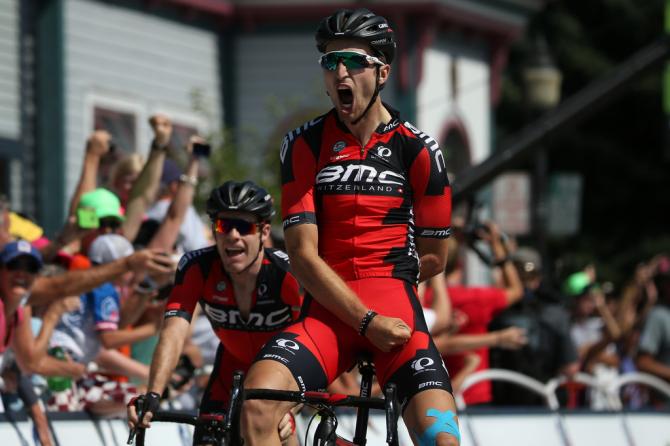
Photo: Getty Images Sport
"I wanted to come back and race in the US because it's a little less stressful and the roads are little wider and there's less crashes. Once the team and I realised I couldn't do California we decided to take a step back and build up towards Utah. I wanted to come back and be competitive. I didn't want to come back and be destroyed. I knew that my condition and my morale were fragile so I wanted to make sure that I could come back strong and not damage that. The team were great in giving me the freedom to come back at the pace I needed."
Luckily for BMC Racing team, who have nursed him back to full health, plans of an early retirement have been put on ice and Phinney has a number of targets to aim for during the remainder of the season.
First up is the Tour of Britain, a race he's never competed in and one that will provide a far sterner examination of his fitness than the races on the US circuit. In the UK the racing is on harder tarmac, the roads are narrower, and the weather more changeable. Tactics can go out the window and events on the road can almost be impossible to control.
If there's one shining beacon - apart from the valuable race miles obviously – that the Tour of Britain provides Phinney, it's the chance to fulfil a lifetime ambition of going to Scotland. Apparently he didn't grow up watching the Ted Danson's dreadful 1996 film Loch Ness but instead used to hours on the internet looking up images associated with the country.
"Throughout my whole life I've always wanted to go to Scotland. I don't know why but I've always wanted to go there. I'm so excited for that. As a kid I was so interested in lochs and lakes. When I was young and in the early days of Google I'd be online looking at pictures of Scotland. I'd ask my folks if we could go to Scotland on summer vacations. They'd want to go to Tuscany or some island off of Italy but now I get to go to Scotland and I can't wait."
From his red-letter day trip to Scotland and the Tour of Britain he will return to the US. The BMC team for the Worlds team time trial has yet to be confirmed but should Phinney make the cut. He'll be in a team of defending champions and with an excellent shot of a medal. He will also compete in the individual time trial - an event that holds double importance.
First and foremost he has the chance of battling for a medal but he must, beyond any doubt, finish inside the top ten in order to secure the USA with a spot for the time trial in Rio next year.
"As things stand we need to finish in the top ten at the Worlds time trial just to qualify one spot for the Olympic Games. A lot depends on the next few weeks but at the moment we don't have an automatic spot for Rio," he explains.
"I've said to the selectors that the Olympic time trial is my baby so it's a bit of ‘put me in coach' moment. It feels a little bit early to want that pressure but it feels good to have real pressure again because I've not had any for a while."
Top tens, Worlds, and a shot at the Olympics – the new-look Taylor Phinney has arrived. And he's coming to a loch near you.
Daniel Benson was the Editor in Chief at Cyclingnews.com between 2008 and 2022. Based in the UK, he joined the Cyclingnews team in 2008 as the site's first UK-based Managing Editor. In that time, he reported on over a dozen editions of the Tour de France, several World Championships, the Tour Down Under, Spring Classics, and the London 2012 Olympic Games. With the help of the excellent editorial team, he ran the coverage on Cyclingnews and has interviewed leading figures in the sport including UCI Presidents and Tour de France winners.
